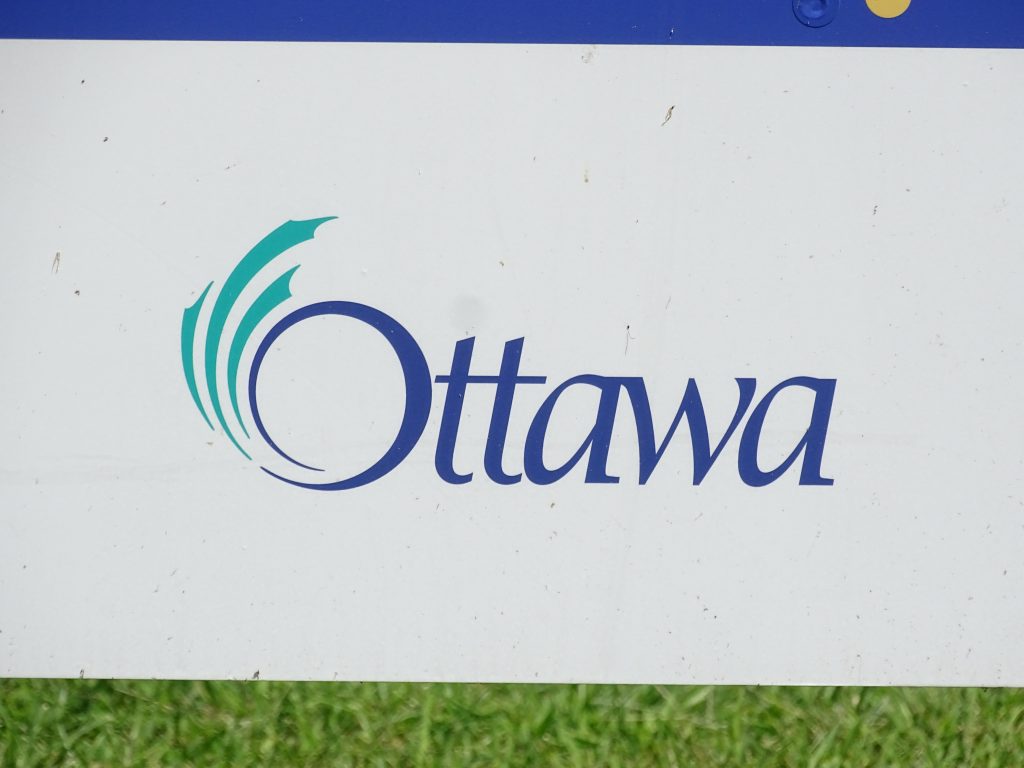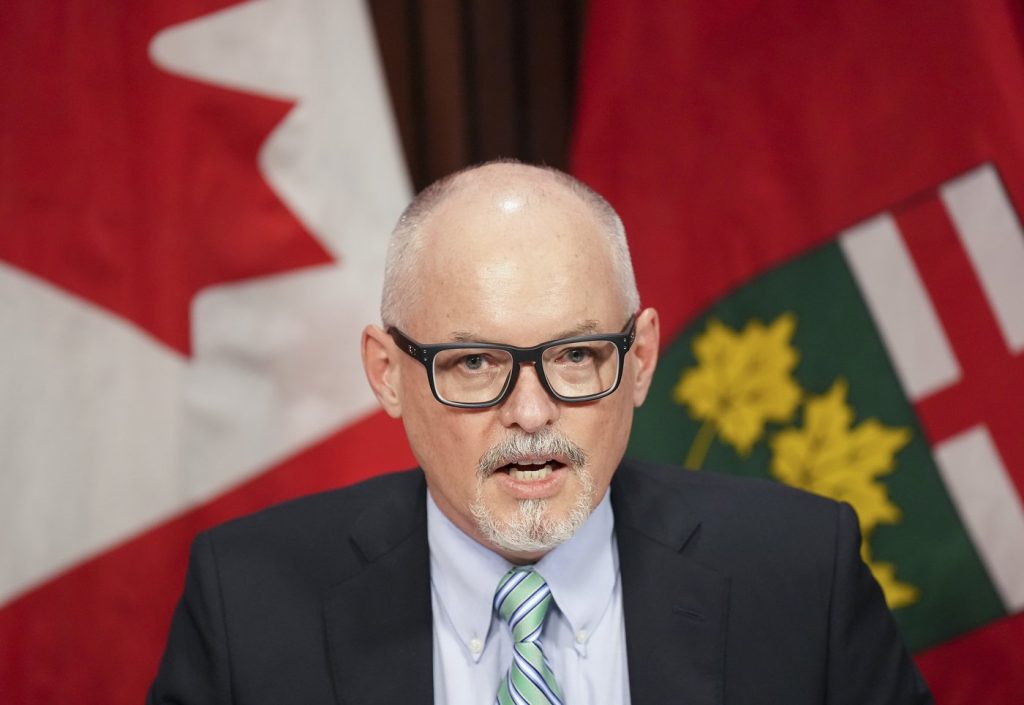Ottawa committee approves draft budget, investing $22.9 million in affordable and supportive housing

Posted Nov 21, 2024 02:38:53 PM.
Last Updated Nov 21, 2024 02:38:58 PM.
In a meeting on November 20th, the Planning and Housing Committee approved its portion of Draft Budget 2025, involving funding for affordable and supportive housing in Ottawa.
Investments include $88.2 million in operating funding and $34.4 million in capital funding, wrote the City of Ottawa in a news release.
According to Ottawa, additional funding will come from recent improvements to the Vacant Unit Tax program.
As a result, the city’s capital investment in new affordable and supportive housing for 2025 will rise from an initial investment of $18.9 million to $22.9 million.
Each year, Ottawa is aiming to grow this annual investment, from $138.3 million up to $162.7 million over a six-year period.
“The City’s contribution to housing capital is intended to leverage federal and provincial investments as well, resulting in the creation of at least 500 new supportive and affordable housing units per year,” wrote the city.
This comes as Ottawa faces an affordable housing crisis, with the city’s housing market found to be ‘severely unaffordable’ in a recent survey.
A study by Demographia considering International housing affordability ranked Ottawa 40th in housing unaffordability across 94 major market in eight countries — Canada, China, Ireland, Australia, New Zealand, Singapore, the United States and the United Kingdom.
Ottawa falls in the category of ‘severely unaffordable,’ as residents continue to face the high costs of buying a home.
Other investments approved in yesterday’s committee meeting include $3 million to fund an Official Plan update — directing how the city will grow over time — to begin in 2025.
Additionally, $7.5 million in funding has been approved to purchase and implement new Land Management Solution software, as well as $900,000 to complete the new Zoning By-law.
Ottawa’s new Zoning By-Law includes provisions designed to encourage densest development near transit, increase the availability of EV-charging stations, require EV-ready parking spaces, and prioritize tree retention and forest regeneration, wrote the city on their website.








